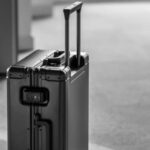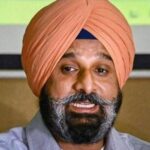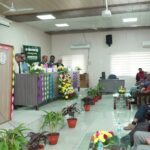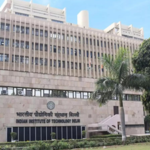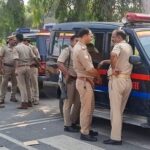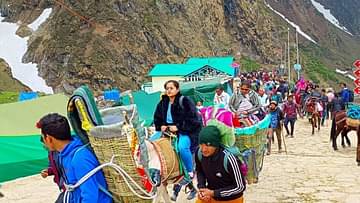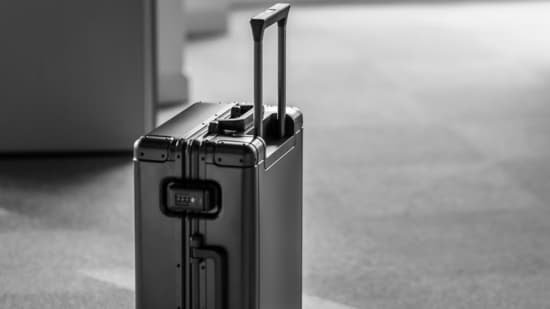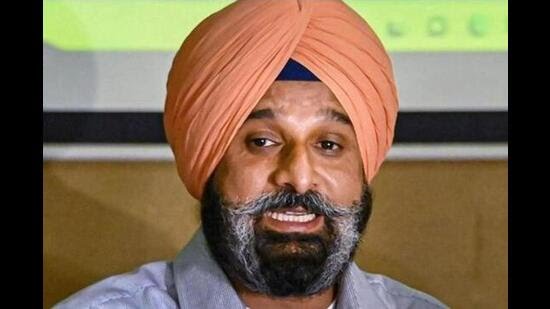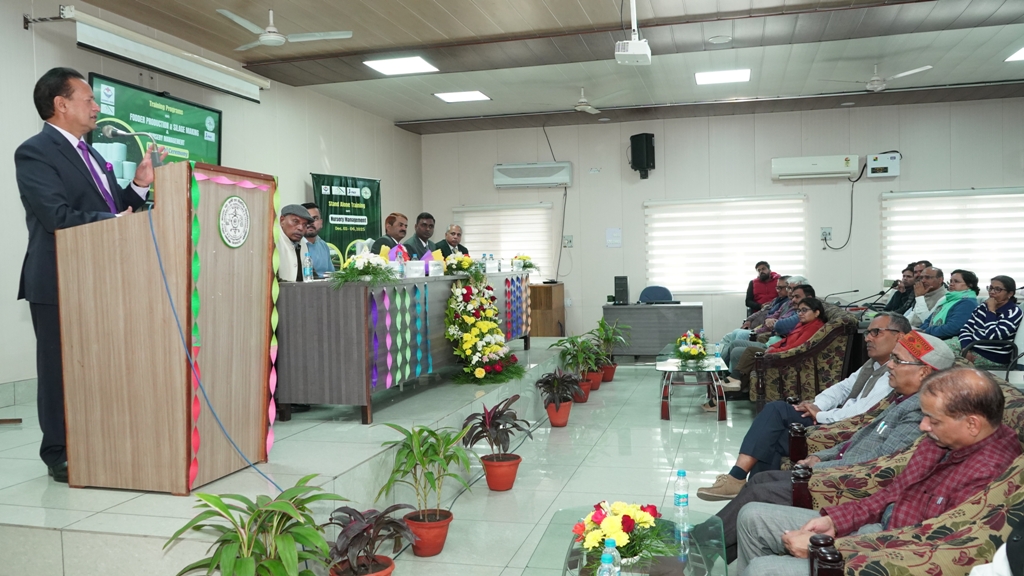Himalaya Harbinger, Rudrapur Bureau
The National Medical Commission (NMC) has decided that duty during the upcoming Char Dham Yatra will be counted as part of the district residency programme (DRP) that is mandatory for postgraduate medical students across India.
The decision has evoked mixed reactions from resident doctors, with some welcoming it and others saying it will set a “wrong precedent”.
The Char Dham Yatra comprises visits to four sites in Uttarakhand considered sacred by Hindus—Yamunotri, Gangotri, Badrinath, and Kedarnath. The Yatra is set to begin on 30 April and continue till October. Last year, an estimated 30 lakh pilgrims visited Uttarakhand for Char Dham Yatra, according to state government figures.
Under the DRP, mandated by the NMC from 2021, postgraduate medical students serve for three months—either in one stretch or in parts—in district health systems, gaining experience in diverse healthcare settings and offering broad-specialty care at the secondary healthcare level.
A circular undersigned by NMC secretary Dr Raghav Langer said, “During the Char Dham Yatra in Uttarakhand in the coming months, there will be a heavy footfall of tourists and pilgrims, thus increasing the demand for healthcare in these areas.”
The circular added that the health needs of pilgrims will be different as they will be exposed to high altitude-related medical complications: “This will provide new opportunities for training of postgraduates. The Government of Uttarakhand has also appealed for healthcare services to be supported by other resources.”
According to the statement, the DRP provides postgraduates with opportunities to learn the needs of people coming to resource-challenged health services, stating, “Considering the unique opportunity of learning a different area, the NMC considers this as a potential benefit to postgraduate training.”
The circular also said that the posting of students to provide services may be subsumed under the DRP and that the state nodal officers would post volunteers to help the health authorities in Uttarakhand.
Speaking to ThePrint, NMC chairman Dr B N Gangadhar said the Centre made the suggestion to the apex health regulator as it had received requests from some quarters including the state administration to deploy health personnel for the Yatra.
“During the DRP, postgraduate doctors are trained to work in resource-constrained settings at the district hospital level and we thought it would be a good idea to expose them to serve in high-altitude medical centers,” he added.
The matter was deliberated at an academic level and the Commission found it to be useful for PG trainees, but decided to make it only “voluntary”, he stressed.
Reeks of religious bias’
“We support the inclusion of the Char Dham Yatra in the DRP for its training benefits, but I urge the government and NMC to strictly monitor the programme to ensure resident doctors’ safety, proper accommodation and travel support. There has been neglect in some states in the past in prioritising their well-being while they serve,” Dr Lakhshya Mittal, president of the United Doctors Front, a network of resident doctors, told ThePrint.
On the other hand, Dr Aviral Mathur, past president and a senior member of the Federation of Residents Doctor Association (FORDA), another group of resident doctors, said, “While it is good that the NMC has only included Char Dham Yatra in DRP as a voluntary activity, I feel asking doctors to serve during a religious congregation as part of mandatory training sets a wrong precedent and reeks of religious bias.”
He also underlined that a key purpose of DRP is to provide specialty care at the district level in underserved areas.
“Posting of a large number of healthcare personnel in limited geography for several months may also hamper the very reason why the DRP has been initiated,” he added.
Mathur also insisted that the state, however, must provide all the resources required to the trainee doctors, including healthcare services in the designated hospitals or areas given that these were rough terrains.
